Many Vietnamese goods such as grapefruit, bananas, tea, textiles, etc. have been exported to the UK and received support from consumers in this market.

Vietnamese agricultural products flock to the UK
At the end of October, the Department of Agriculture and Rural Development of Tuyen Quang province coordinated with the People's Committee of Yen Son district and RYB Joint Stock Company to organize the Export Ceremony of Soi Ha grapefruit products (Yen Son district) to the UK market. The shipment of nearly 8,000 Soi Ha grapefruits of Tuyen Quang farmers exported to the UK market all met the standards.
To meet the requirements of the demanding British market, Soi Ha grapefruit must have a Brix sweetness of 11.5 degrees or higher, be juicy, have an even yellow color, no dark spots, no insect bites... Grapefruit weighs from 1 - 1.2 kg/fruit and is tested for pesticide residues 2 weeks before harvest, with a certificate. certificate of conformity European residue.
Soi Ha grapefruit is one of the agricultural products that has just been exported to the UK market. About a week before, 6 other products of Tuyen Quang were also exported to the UK, including guava tea, male papaya flowers soaked in honey of Binh Minh Organic Agricultural Products Cooperative; dried bananas of Chieu Yen Clean Banana Cooperative; green-heart black bean tea bags of Hong Phat Organic Cooperative; lemon syrup and kumquat syrup of Minh Thao Agricultural Products and Medicinal Herbs Cooperative.
According to the Vietnam Trade Office in the UK market, in recent years, Vietnamese goods have become increasingly present and have a certain position in the UK market. From 2021 to now, exports of goods from Vietnam to the UK have continuously grown.
Based on regular surveys of the local consumer goods market, I am very happy and excited to see many types of products from clothing, shoes, tools, equipment "made in Vietnam" or food, vegetables and fruits "farm in Vietnam" sold at large, long-standing reputable supermarket chains in the UK.
Ms. Hoang Le Hang, First Secretary of the Vietnam Trade Office in the UK (concurrently in Ireland) said that many Vietnamese products have been sold in the UK market distribution system, such as fashion clothes sold in the M&S chain of stores, which has the largest market share of clothing in the UK, mostly made in Vietnam; Vietnamese agricultural products and vegetables are sold in the largest supermarket chains in the UK such as Tesco, Sainsbury or in high-end supermarkets such as Waitrose, Wholes Foods... In addition, Vietnamese goods are also sold in large quantities and are very diverse in Vietnamese supermarkets and supermarkets specializing in Asian goods.
“Notably, a number of reputable Vietnamese enterprises have affirmed their brand position in the UK, such as: MEET U coffee, L'amant, Ong Cua ST25 rice...”, Ms. Hoang Le Hang shared.
Ms. Nguyen Thanh Huong, Director of RYB Joint Stock Company - a unit that has exported many goods to the UK market in recent years, said that through exploration, survey and testing, the enterprise has highly appreciated the quality of OCOP products, agricultural products and specialties of localities. In recent times, the unit has introduced and offered many products of localities to the European market. This is a demanding market with strict regulations on plant quarantine and management. food hygiene and safety, traceability. In general, Vietnamese products have received good feedback from European customers.
What should Vietnamese agricultural products pay attention to?
Mr. Nguyen Canh Cuong, former Trade Counselor, Vietnam Trade Office in the UK market, said that the Vietnam-UK Free Trade Agreement (UKVFTA) has been opening up great opportunities for Vietnamese enterprises by eliminating over 99% of tariff lines within 6 years. Industries such as seafood, textiles, footwear, wooden furniture and processed agricultural products have benefited significantly. For example, with seafood: basa fish, frozen shrimp will reach an export turnover of over 30 million USD in 2024, an increase of more than 10%. Products made from natural and sustainable fibers are attracting British consumers.
However, according to Mr. Nguyen Canh Cuong, the UK market has very strict technical standards and regulations on food safety and the environment. Enterprises need to prepare carefully to meet these requirements and stand out in a highly competitive environment, such as improving packaging and applying international standards such as the British Standards Institute (BSI) or ISO to increase competitiveness in this market.

The British Standards Institution (BSI) plays an important role in ensuring that businesses’ products meet the technical, legal and commercial requirements of the UK market. Products that meet BSI standards are highly regarded for their quality and safety, easily convincing UK importers and consumers, minimizing the risk of being rejected at border gates due to non-compliance with technical or safety standards. Furthermore, BSI standards are widely recognised, helping products access not only the UK market but also the European market.
"Businesses should use recycled, biodegradable materials. Clear information about product names, ingredients, instructions for use, and origin. Subtle colors, elegant tones, avoiding red and other bright colors will suit British consumers' tastes," Mr. Nguyen Canh Cuong recommended.
In parallel, like markets in Europe, the UK market has strict requirements on product sustainability. In particular, the Law on Deforestation and Forest Degradation may affect the export restrictions of wood products, coffee, rubber, vegetable oil, soybeans, leather, etc. In addition, the UK Government is currently studying the legislative process to establish CBAM (Carbon Border Adjustment Mechanism). Carbon Tax will be applied in the UK from 2027.
Therefore, Vietnamese businesses need to prepare a suitable roadmap for UK CBAM and maintain competitiveness in the UK market by: Conducting a thorough assessment of their carbon footprint; implementing measures to reduce their business carbon footprint; cooperating with less carbon suppliers; investing in cleaner technology...
In addition to the above challenges, the UK market also has many advantages, attracting Vietnamese enterprises to increase exports. Typically: The UK market has good potential, is one of the leading economies in the world, has about 68 million people with a high per capita income of 34,632 pounds/person/year 2023, a diverse community (Asian community of more than 5.5 million people).
In addition, the UK's total import demand for goods is extremely large, about 581.5 billion pounds in 2023; the Vietnamese market has more competitive advantages than other markets due to preferential tariff bases under trade agreements such as UKVFTA and CPTPP.
Vietnam has a huge advantage in products that are popular in the UK market, especially agricultural products and specialty products such as OCOP. These are the products that Vietnam can boost exports to position its brand in the UK market.
Source





![[Photo] Phuc Tho mulberry season – Sweet fruit from green agriculture](https://vstatic.vietnam.vn/vietnam/resource/IMAGE/2025/4/10/1710a51d63c84a5a92de1b9b4caaf3e5)
![[Photo] Unique folk games at Chuong Village Festival](https://vstatic.vietnam.vn/vietnam/resource/IMAGE/2025/4/10/cff805a06fdd443b9474c017f98075a4)
![[Photo] Prime Minister Pham Minh Chinh chairs meeting to discuss tax solutions for Vietnam's import and export goods](https://vstatic.vietnam.vn/vietnam/resource/IMAGE/2025/4/10/19b9ed81ca2940b79fb8a0b9ccef539a)
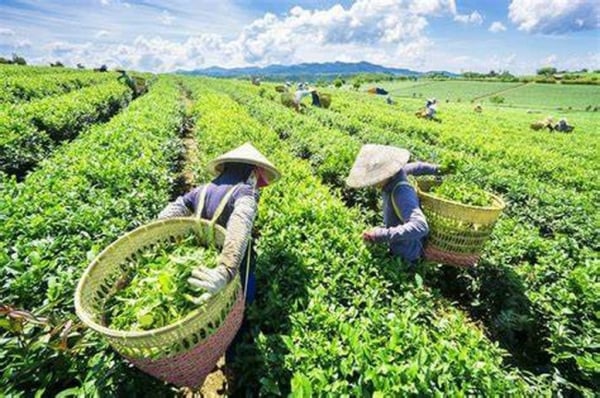

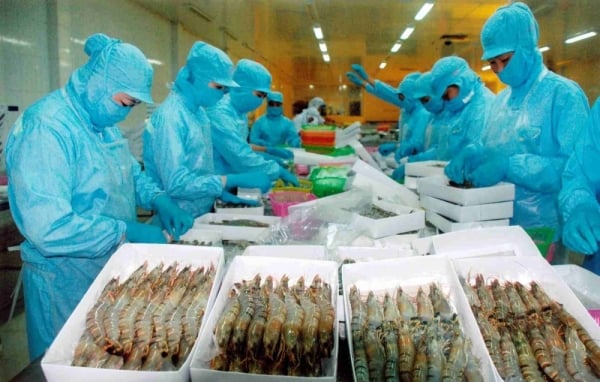
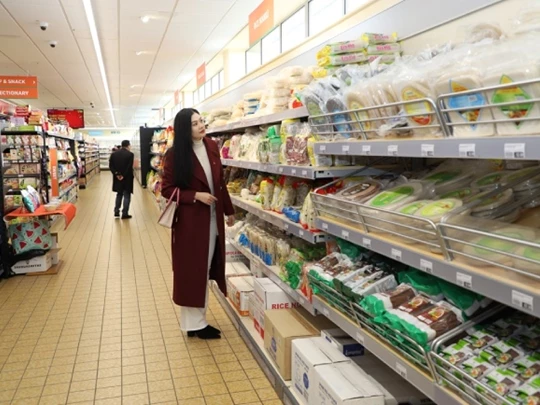

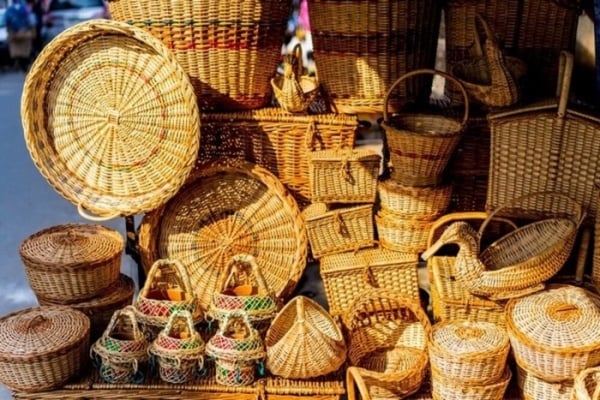
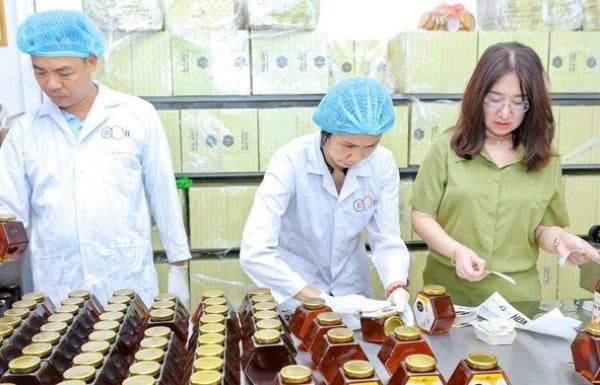
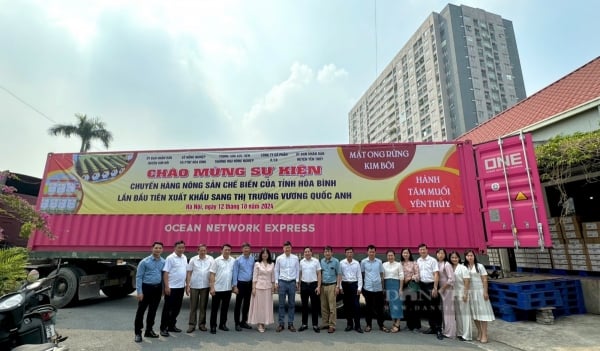




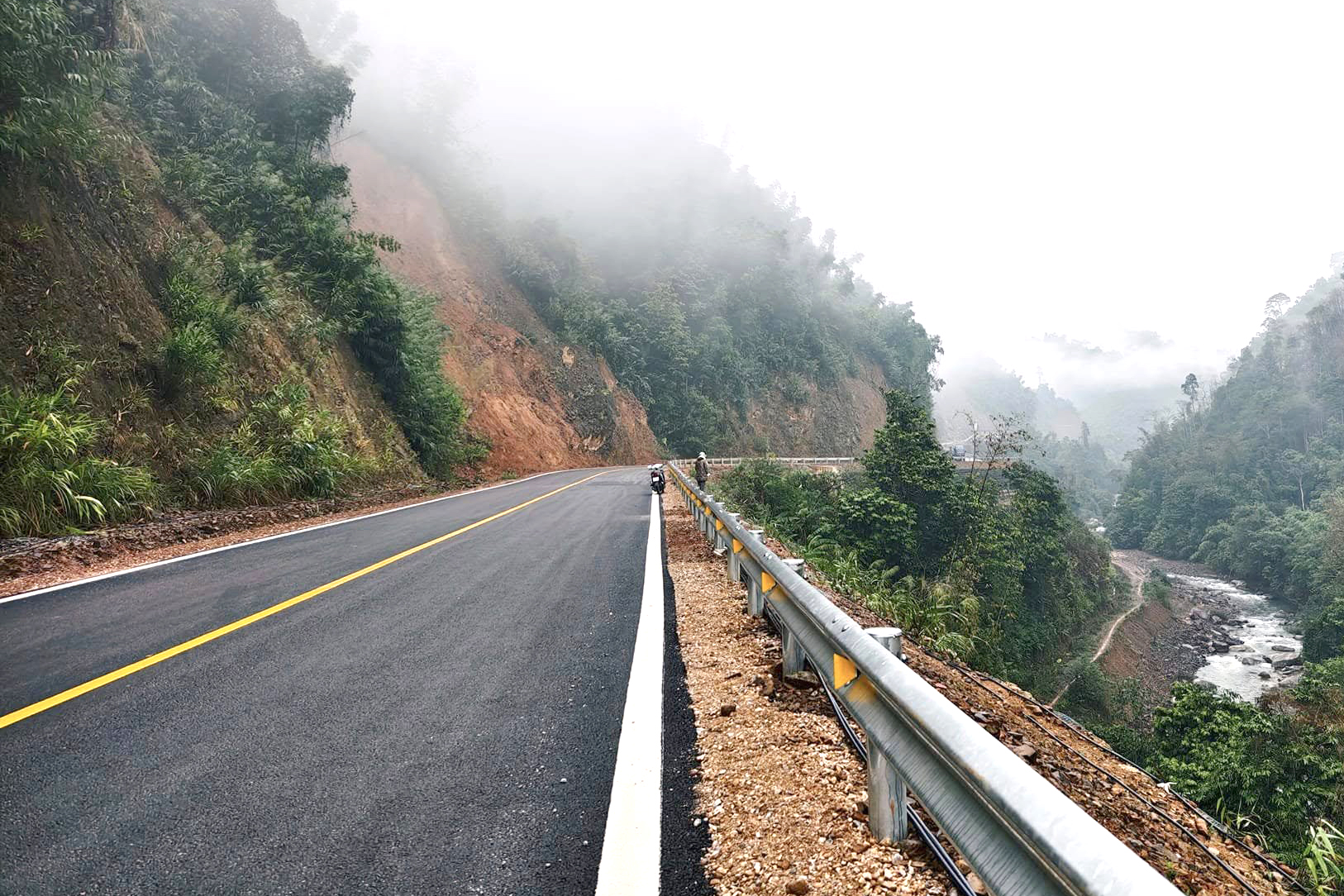
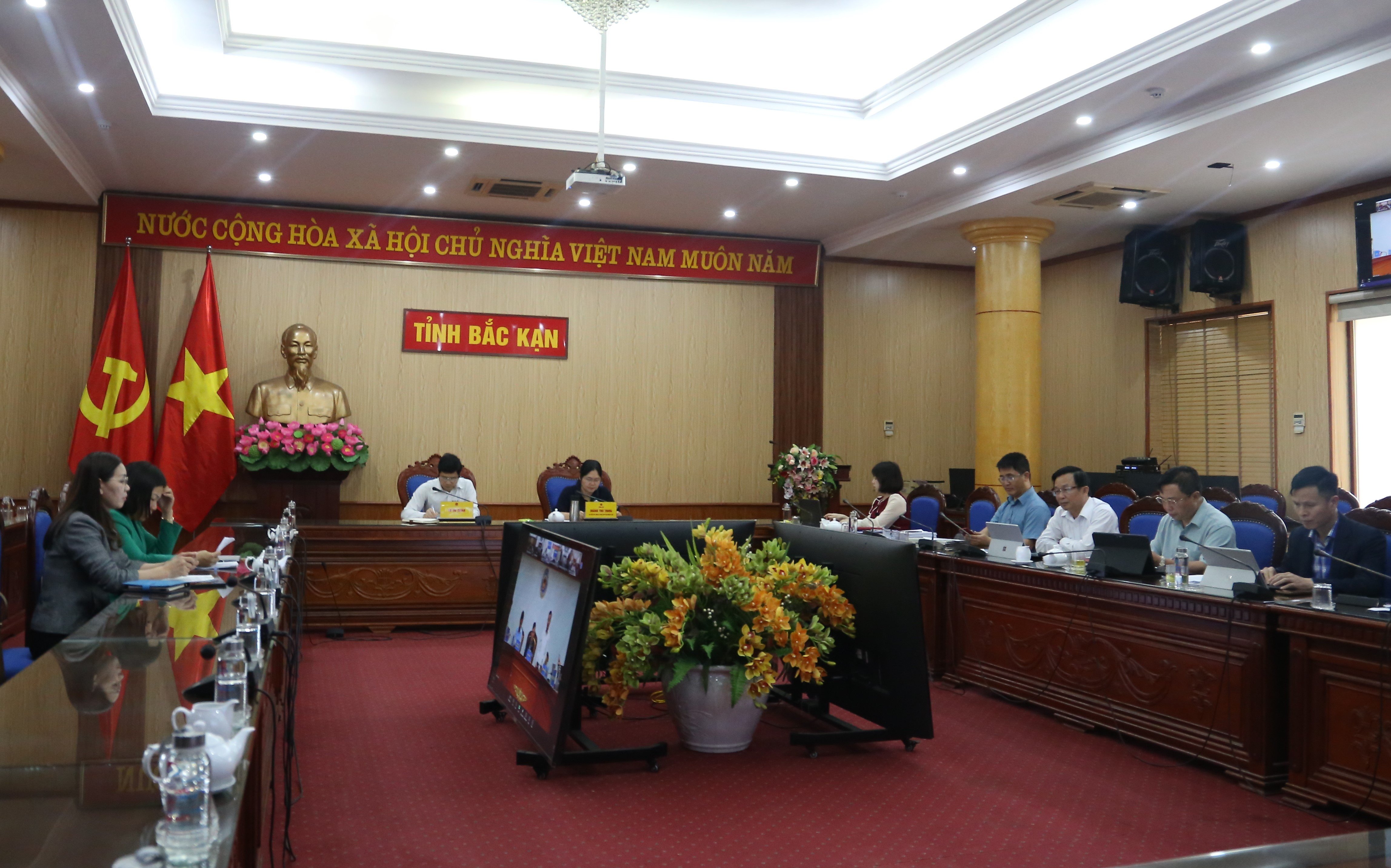





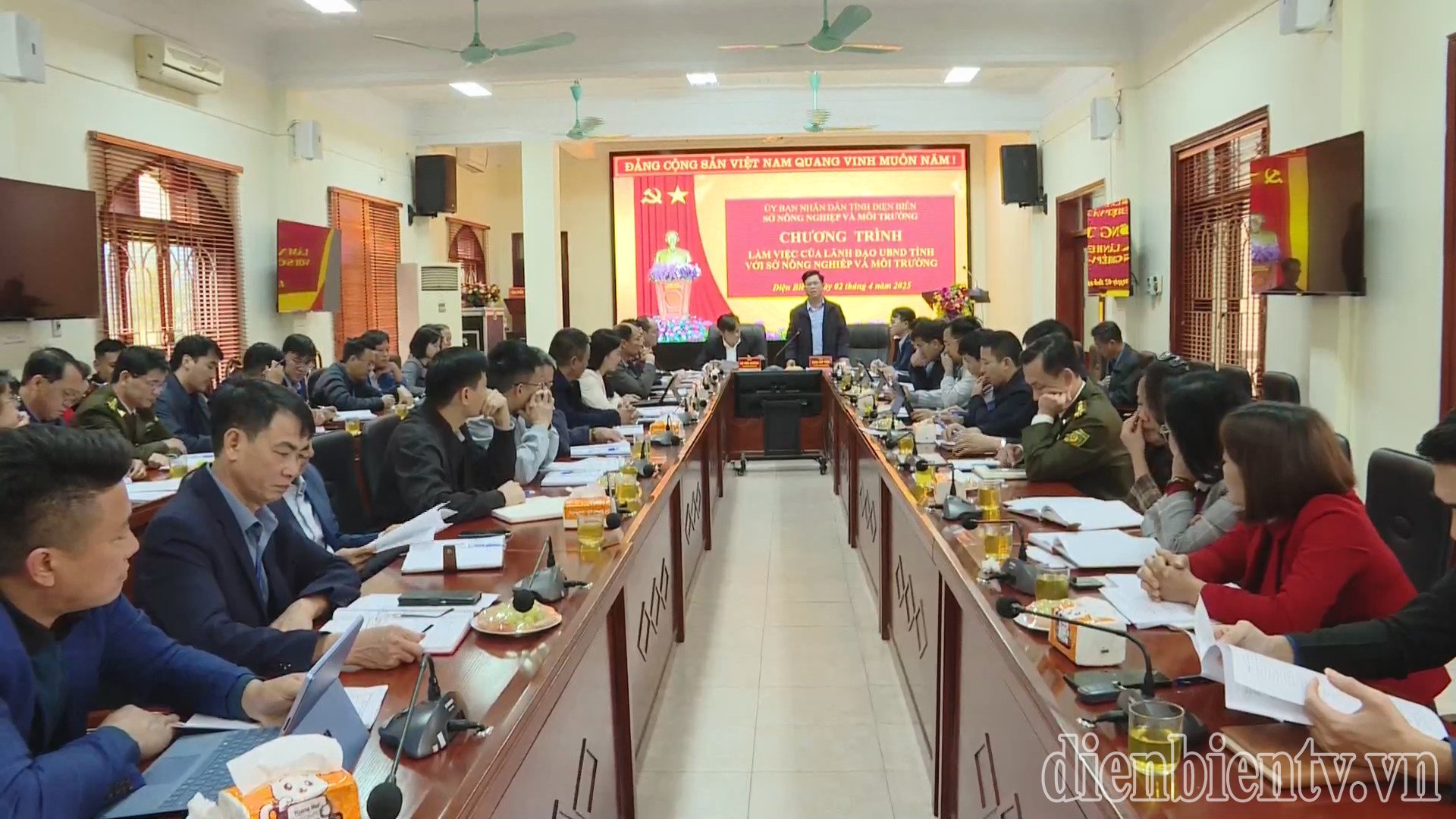
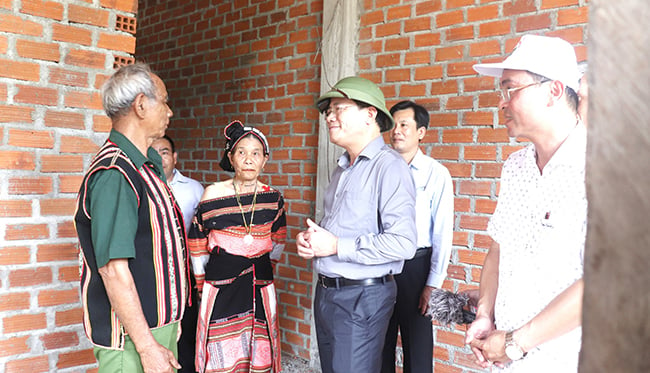
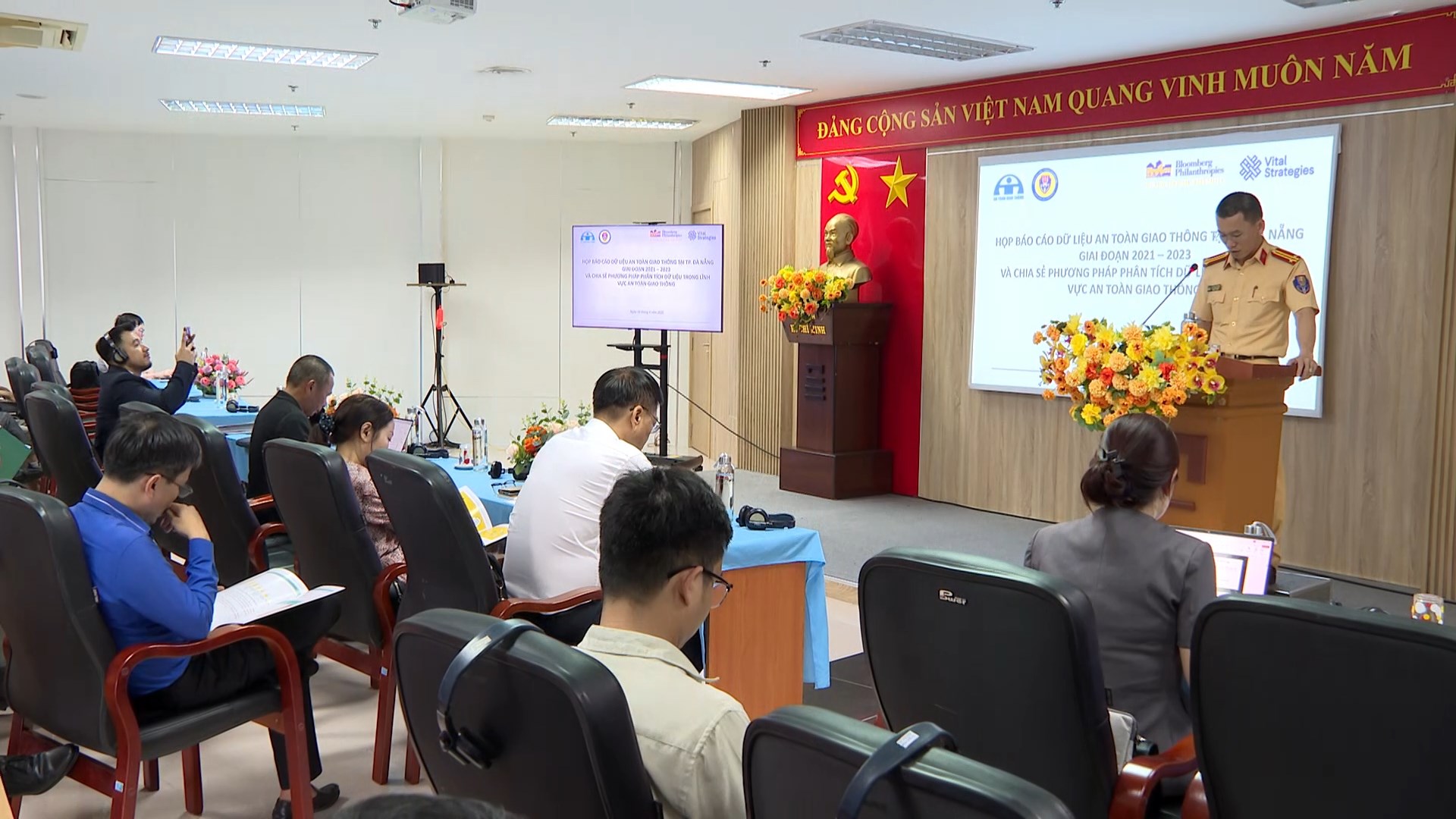
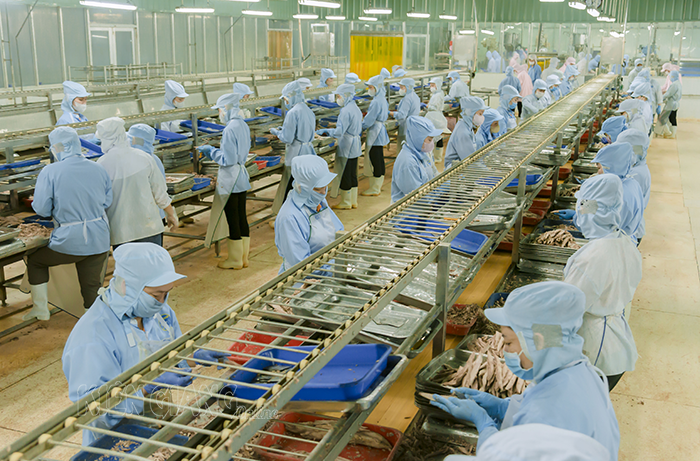
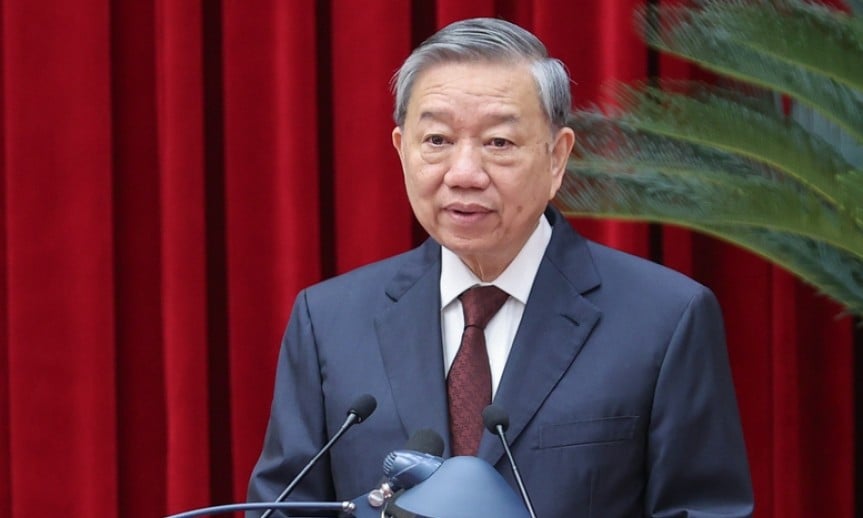
















































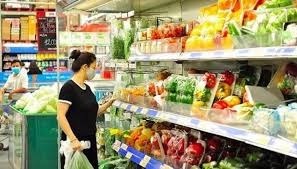

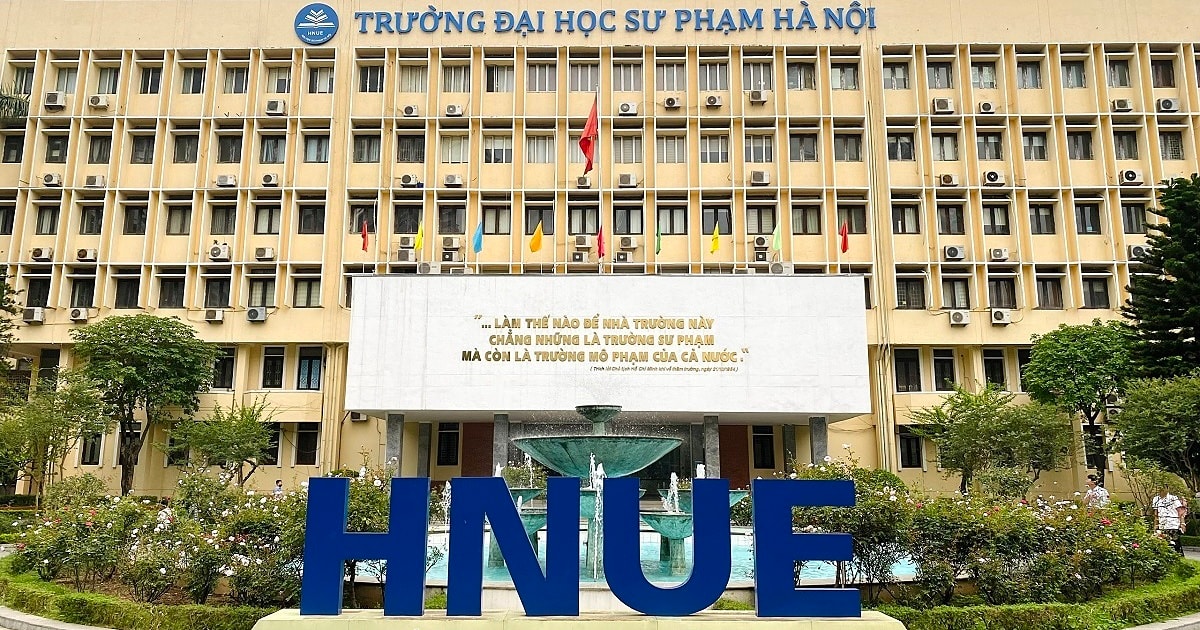








Comment (0)